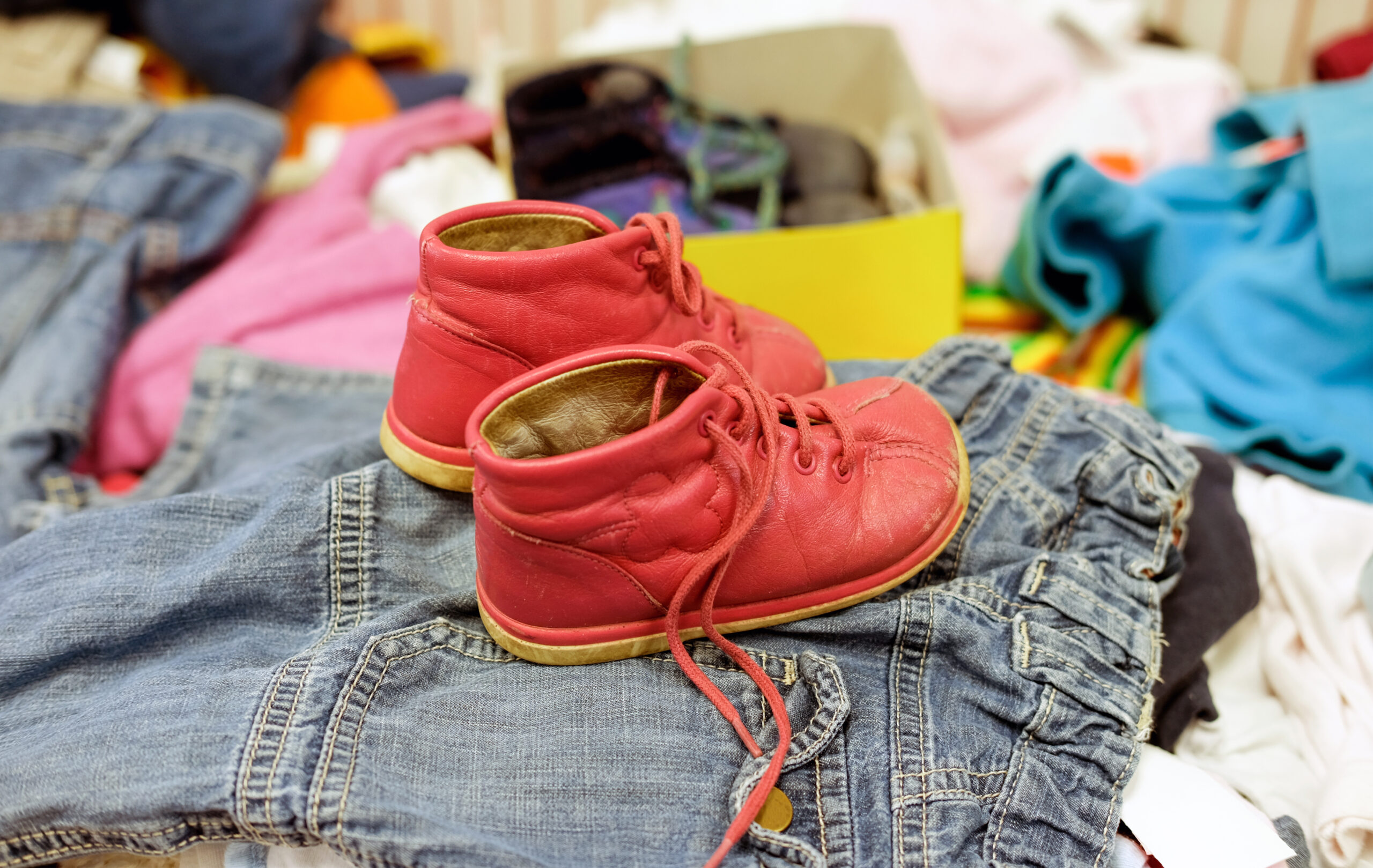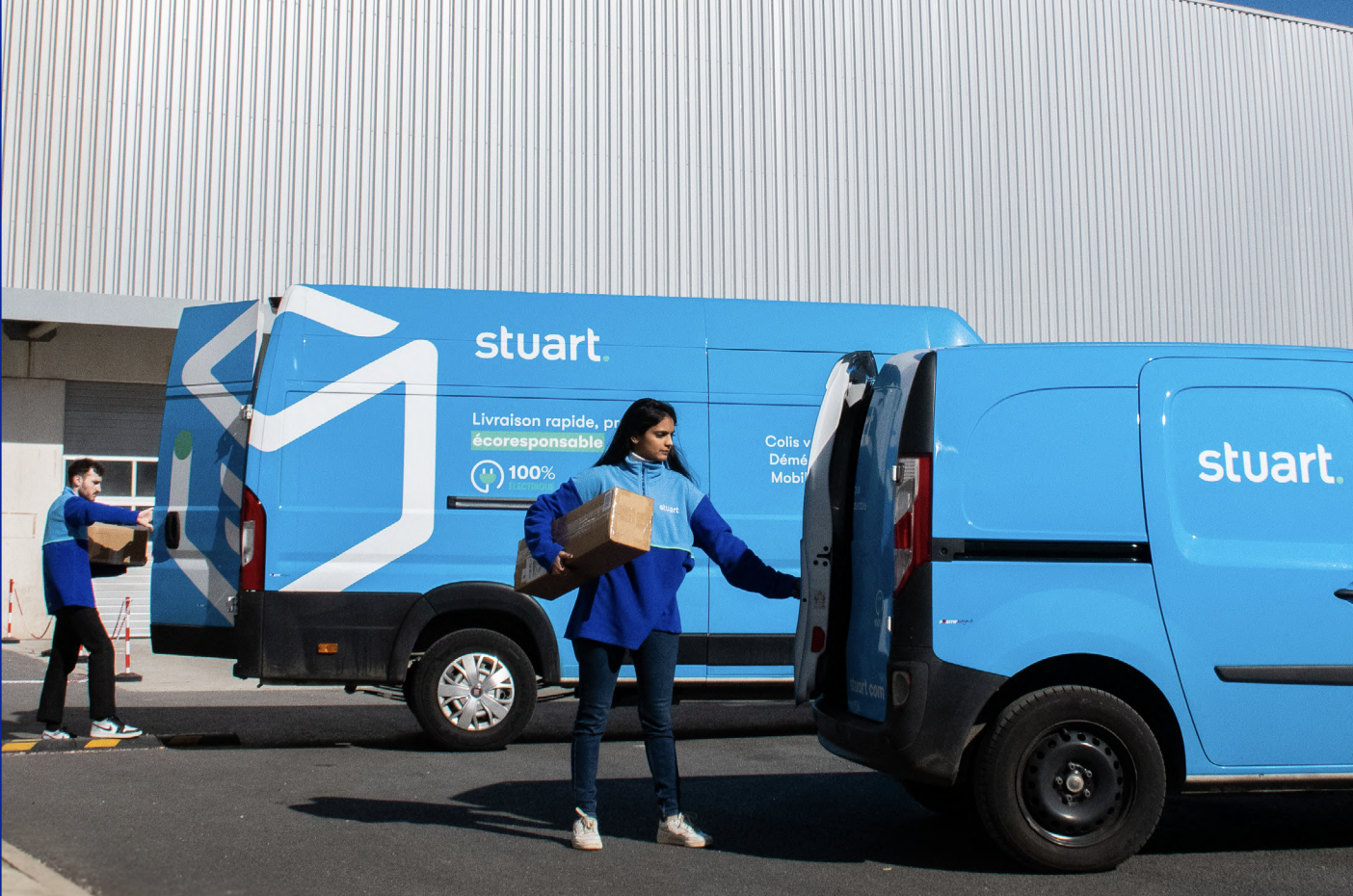Chloe Rigby considers the changing role of the shop in multichannel retail
REMEMBER WHEN ONLINE was expected to kill off the high street, with shoppers opting to buy online rather than travel to the store?
As yet, that prediction has not come to pass. Far from it, since in 2018, most leading UK retailers sell both online and via one or more stores, according to IRUK Top500 research. Some 85% of IRUK Top500 retailers are multichannel, while 15% are online-only pureplays. (Given the ecommerce and multichannel nature of the index, none are without a transactional website.) Of course, not all of multichannel retailers’ stores are on the high street. Some are in retail parks, others in shopping centres. Some Top500 multichannel retailers have just a few stores, while the largest in this index – The Post Office – has 11,500. The average is 129. But however many outlets a retailer has, each of these stores represents an opportunity to come face-to-face with customers, enabling them to touch and feel products and take possession of them in a way that works for them. By putting to work sophisticated cross-channel services, multichannel retailers can offer customers an ever-more convenient and efficient experience.
IRUK Top500 research found that in 2018, some 62% of retailers offer collection, up from 57% in 2017. More than half (58%) enable customers to look up their stores from their mobile websites, giving on-the-go shoppers an easy way to find their nearest branch. The number of Top500 retailers that enable this facility from their mobile app fell to 42% in 2018 from 48% in 2017. In 2018, almost half (46%) of multichannel retailers enable shoppers to return their online orders to the store, up from 37% last year. Fewer enable shoppers to check stock before arriving at the store via their mobile website (20%) and/or mobile app (23%). Clearly these are services that retailers perceive as important to their shoppers. It’s notable that leading pureplay retailers are now moving to offer more convenient delivery and to enable shoppers to use click-and-collect services that directly compete with the efficiencies offered by their multichannel rivals.
Amazon , for example, delivers in as little as an hour to its Amazon Prime customers and also enables click-and-collect via a range of third-party collection systems, including its own lockers alongside pick-up from points in the CollectPlus, Royal Mail, Doddle and Pass My Parcel networks. Meanwhile, Shop Direct recently said that over the Christmas trading period, 28% of its online orders were delivered via drop-off at a CollectPlus point – its click-and-collect provider of choice.
That statistic flags up room for improvement. In 2018, just over a quarter (26%) of Top500 retailers enable shoppers to return their online purchases to a third-party collection point, up from 24% in 2017. The fact that a pureplay retailer such as this finds that a significant minority of shoppers opts to pick up their goods suggests that the service provides an important channel of choice for retailers. Altogether, stores are proving their role in a multichannel model – they are more than a ‘nice to have’.
There’s anecdotal evidence that in-store events and services are also proving to be useful ways for retailers to engage with online shoppers and bring them into the store. This factor may well boost the importance of the store in the future.
Given the weight that multichannel retailers have in this year’s findings, it seems likely that future editions of this research will continue to help map the importance of the store to the consumers. The focus will remain firmly on the cross-channel services that Top500 retailers offer, inferring from these the importance that retailers understand these tools to have in improving the shopping journey for their customers.





